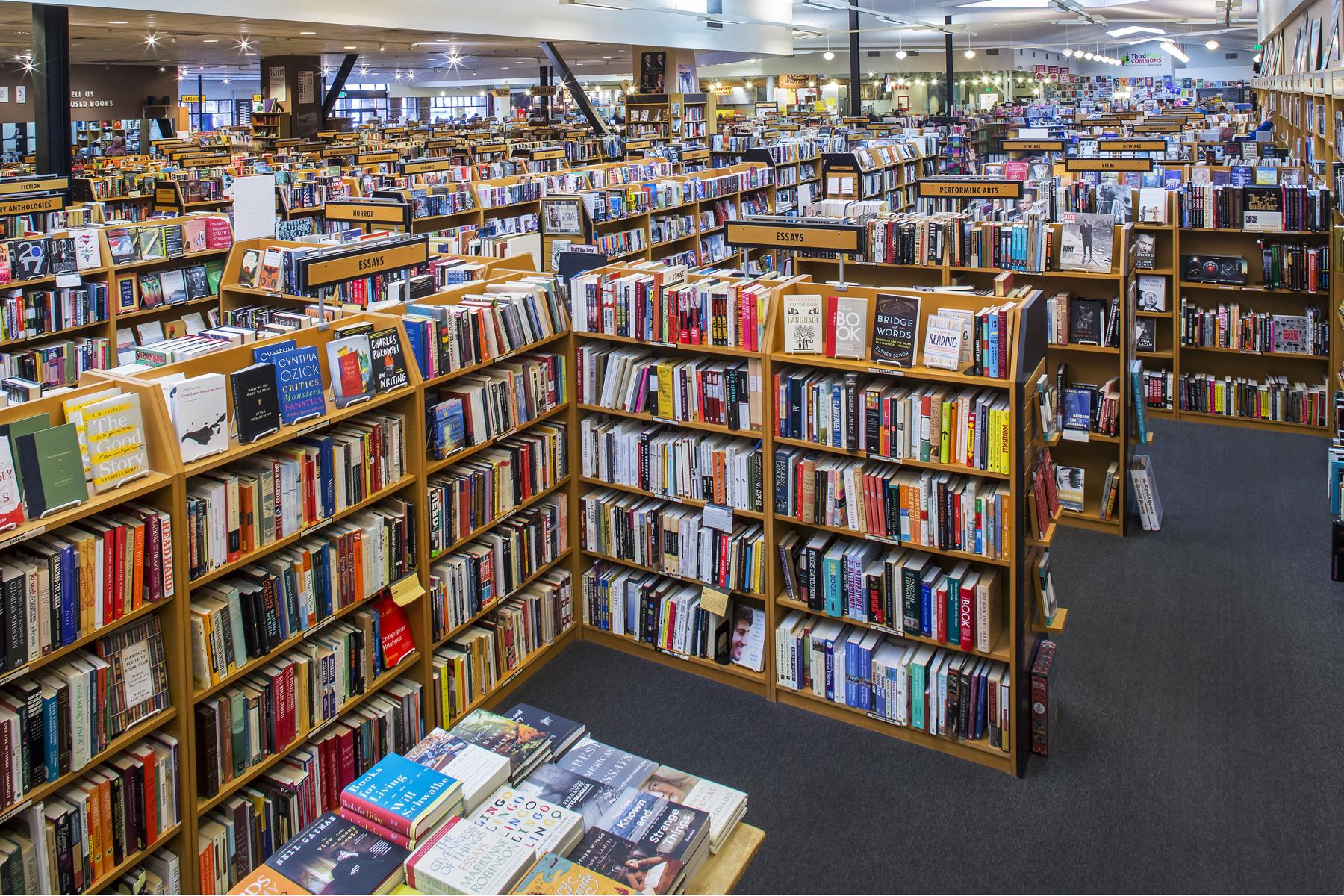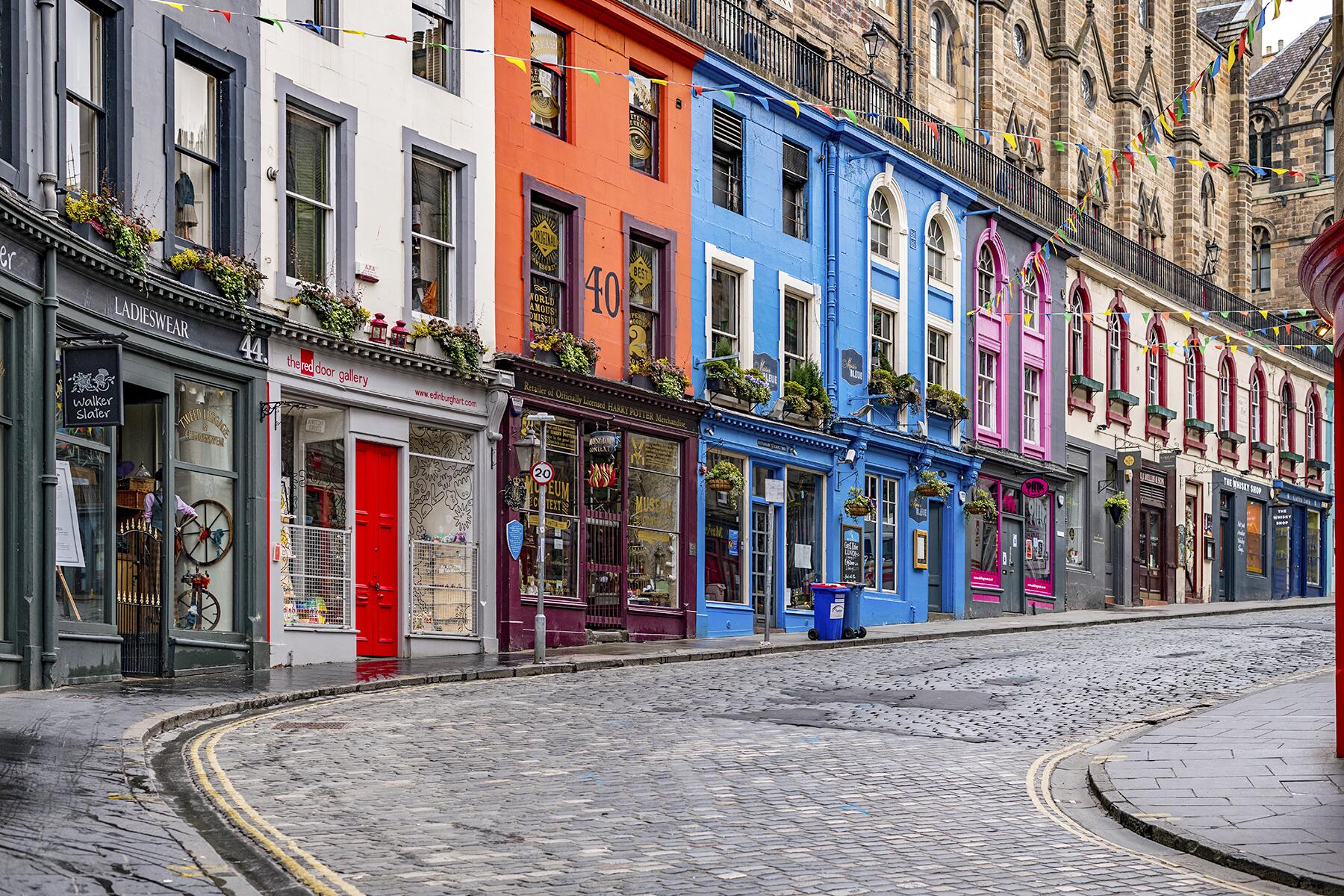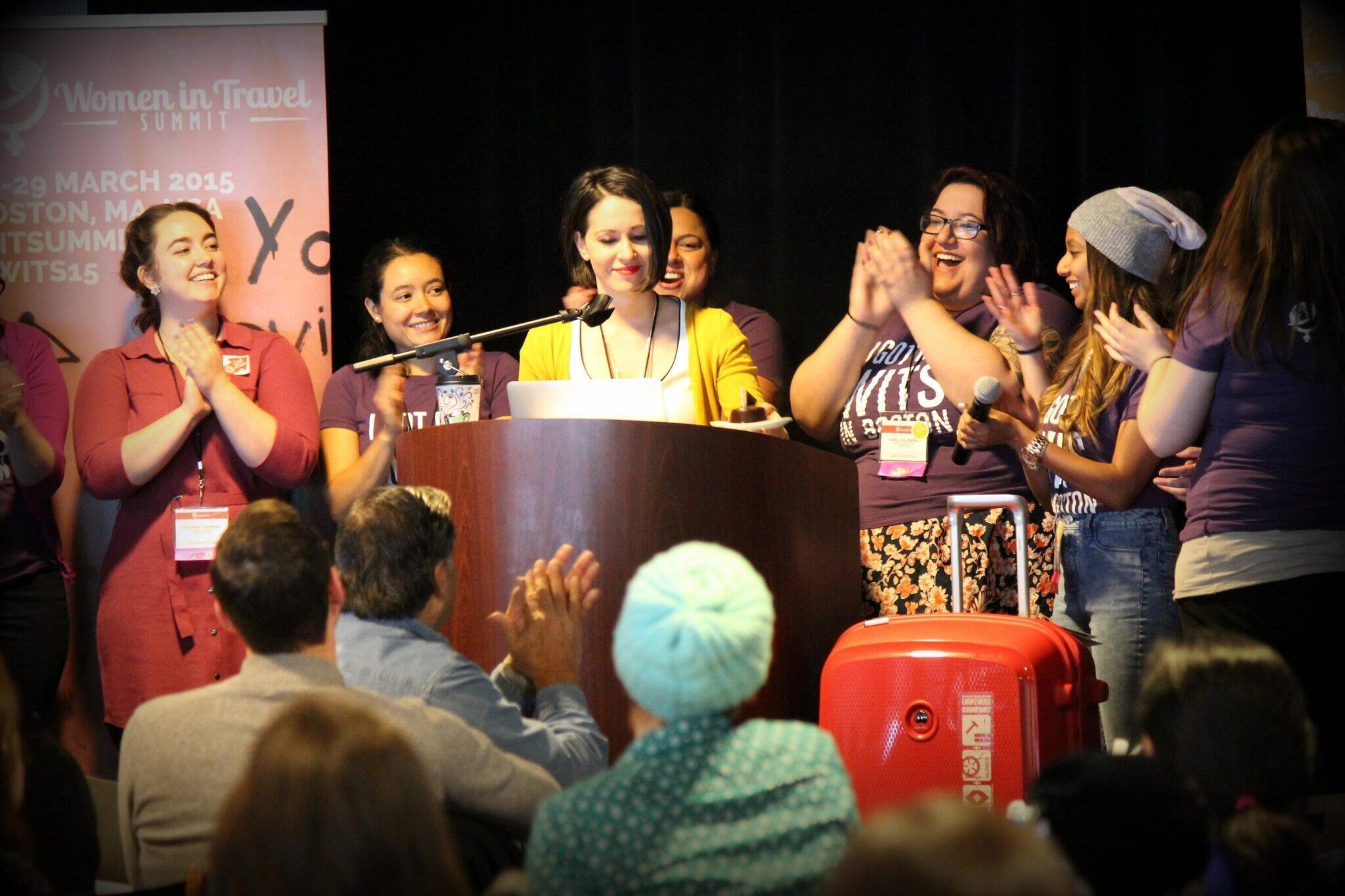Get outside and start looking to the skies.
Cats or dogs? It’s a pretty standard icebreaker question, right up there with your favorite season and brunch order. But for some people, the contest isn’t between a man’s best friend or a feline roommate. For some, the answer is birds.
In fact, for Mya-Rose Craig, the answer has always been birds. She’s the youngest person to have seen more than half of the world’s known bird species, and her aptly title memoir, Birdgirl, chronicles her passion while also documenting her British-Bangladeshi family’s journey from birding in their backyard to international activism.
Between the beautiful descriptions of landscapes and wildlife across the world is a thread that everyone can relate to: family. In an outdoor space that is overwhelmingly white and male, Craig navigates her love for birding alongside the awareness of her mother’s deepening mental health crisis and the environmental justice disparities around the world.
We interviewed Craig to get the full chirp on her life as an ornithologist, equitable conservation, using nature as a means for mental and physical wellness, and how it all reflects on our collective responsibility as global citizens.
Recommended Fodor’s Video

FODOR’S: I feel like I have to start this interview with the most important question of them all: do you have a favorite bird?
Mya-Rose Craig: I absolutely love hummingbirds in general, and I have since I was a child when I saw them for the first time. My favorite that I have seen has to be the one that made me fall in love with them: the sword-billed hummingbird. It’s this stunning little bird with the most enormous long thin bill, twice the length of its body, and it has to literally hover to feed on a flower. It has adapted to feed on the flowers with the longest stems. It was the bird that led me to declare that I wanted to see all the hummingbirds of the world.
Are there any birds that you don’t particularly like?
One of the reasons I know that I’m properly obsessed with birds is the fact that I love all of them! Even the pigeons in the city or the small brown ones hiding at the bottom of the hedge. I really do think that there is something beautiful about every bird
Your passion for birding is extremely infectious, and even as someone who grew up in a concrete jungle, I found myself drawn to the role birding played in your life outside of school. Outside of the excitement of seeing the actual bird, do you use birding as a tool for any other aspect of your life?
For me, birdwatching has always been about family. It was how I spent time with my parents and my older sister growing up. When I was little, I loved just being able to spend time outdoors and run around; it’s something that I think is important for any kid.
But as I got older, especially after the lockdown, I grew to appreciate the mental health benefits that birding has for me. I’ve never been able to do mindfulness or meditation or any of those other grounding activities that are really good for you, but I can do birdwatching, which is basically my version of mindfulness. It helps when I’m feeling any negative emotions to go and spend some time outdoors.
You mentioned birding being a mentality of “doing what needs to be done.” Has this mentality translated to other parts of your life outside of birding?
I think that my ability to focus on a task and my tenacity to do what I need to do to complete it has helped me with other aspects of my life, for example, organizing a conference or even small things such as getting an essay written within a deadline. I’m the type of person who, once I have a goal, will just power through and force the issue until it gets done, which is very much how I approach my campaigning.
A birder’s “Big Year” is a self-imposed challenge to identify as many species of birds in a single calendar year within a specific geographic area. Your first Big Year was when you were still quite young. Do you have any aspirations to do another Big Year in the future?
While it was fun, I don’t think I would do another Big Year, as I enjoy taking my time and enjoying the birds I see. However, I am currently slowly working towards seeing all of the hummingbirds in the world, and I am just over halfway towards that goal at the moment.
In Birdgirl, you write: “Nature is good for everyone, but especially those in need.” You founded Black2Nature, an organization dedicated to connecting Visibly Minority Ethnic (VME) kids and families with nature. How do you make nature and outdoor activities relatable to those who have not been introduced at young ages?
To engage with nature, it needs to mean something to you.
On our first camp, we arrived at a birding platform, and the VME boys took 30 minutes to take in the beautiful landscape but then appeared disengaged. One of our young volunteers started to talk to the boys about peregrine falcons, the speed they drop before they go for the kill. The boys showed a vague interest until the volunteer started comparing the speed of this bird with the speed of a Formula One car. By having a frame of reference to their own lives, it clicked into place for them, and suddenly the boys were mesmerized and able to engage with nature. After that, there was no holding them back.
You’ve been to all seven continents, and a reoccurring theme I noticed was that borders do not bind the natural world, so neither should conservation. What is “global climate justice,” and how does it fit into the conversation of environmental conservation on a worldwide scale?
We live on one planet, with actions on one side of the world impacting the other. Systemic racism and environmental destruction are linked: they are both rooted in the histories of colonialism and exploitation that are still at play today.
The idea of global climate justice is that we must acknowledge and combat these influences to create an environmental movement that is working to help everyone—including Black and Asian communities in the West and countries in the global south, such as Bangladesh, where my family is from. Global climate justice is the idea that those in the global south should not have to take the pain of tackling climate change, and there needs to be a just transition towards them having to make a change.
For example, at the U.N. Climate Change Conferences, the conversations are dominated and dictated by global powerhouses such as the U.K. and the U.S.A., while countries that need immediate change are often not heard in these conversations.
Regarding conservation efforts, tourism can sometimes be the lesser of two evils, like comparing local jobs created from ecotourism versus those in logging or farming. With conservation in mind, how can travelers balance or offset their carbon footprint?
When traveling, it’s really important to try and stay in locally-owned accommodation and, if available, lodges run by Indigenous peoples as well as using local guides. Use small hire companies rather than international ones, especially locally, and avoid the big chains. Try and stick to a few flights and do your own carbon offset, including looking after your trees at home long term. We have planted fruit trees in my granddad’s village in Bangladesh, gifting them to less fortunate people who are looking after them and able to sell the fruit.
In your first blog post in 2014, you promised yourself: “When I’m older, I want to try and help change things.” From the outside looking in, I’d say you’ve done just that, but how do you feel about your impact on others? If you were to make a promise to your older self now, what would it be?
Growing up, I always knew I wanted to change things. Partly because it felt like so many things were going wrong but also because I’m not the kind of person who can sit and hope that someone else will do it. So much of my work has been about engaging people and bringing them into the environmental fold, and it has been amazing that my charity has worked with hundreds of kids over the years–as well as thousands more through our campaigning. My goal was always to look back and feel like I had fought for change, and I’m happy to say that is the case.
I look to my older self and hope that maybe some of the things that I am talking about now won’t still need fighting for. But I would tell her to persevere and to keep going. There will always be people or birds that need protecting, and I suspect I will always feel the need to be a part of those fights.
Birdgirl by Mya-Rose Craig (published by Celadon Books) is available now in hardback, e-book, and audiobook.




